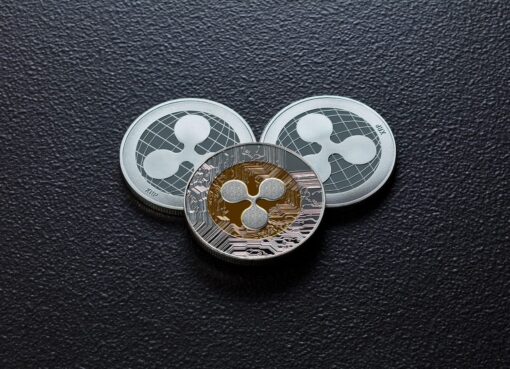According to Coin Metrics’ State of the Network report for Q2 2023, there has been a notable reduction in the 90-day correlation between the cryptocurrency market and equities represented by the S&P 500 index. This marks a deviation from the trend observed in 2022. In H1 2023, bitcoin rose 82%, ranking it third in terms of growth among assets with a market capitalization exceeding $1 billion. Only lido (LDO) and bitcoin cash (BCH) outperformed bitcoin in percentage gains.
Regulatory scrutiny subdued the markets in Q2
Per the researchers, the global cryptocurrency markets started the year on a solid footing, with bitcoin (BTC) and ethereum (ETH) posting outsized gains of 83% and 55% in Q1, respectively, fueled by risk-on investor sentiment in Jan.
However, that bullish momentum was effectively subdued during the year’s second quarter due to increased regulatory scrutiny from the United States Securities and Exchange Commission (SEC), with BTC and ETH managing gains of 7% and 4%, respectively.
The study notes that ETH staking activities via Lido was primarily responsible for 95% surge in LDO prices. On the other hand, BCH’s listing on EDX, an exchange recently launched by Fidelity, Citadel and others, propelled BCH price higher.
In contrast, it was observed that established crypto assets like polygon (MATIC), cardano (ADA), and solana (SOL) were suppressed in Q2 2023, as the SEC named them among the 67 crypto assets it considers securities.
Ripple’s XRP rallied 41% in Q2 2023 as the firm’s legal battle with the SEC nears its conclusion.
Crypto loses correlation with the S&P 500
While bitcoin and other cryptocurrencies significantly correlated with traditional financial instruments last year, CoinMetrics’ latest report shows that that phenomenon is quickly changing.
Using BTC as a proxy for the global cryptocurrency market, the researchers found that the 90-day correlation against instruments in the $&P 500 index has decreased to 0.09, its lowest point since June 2021.
The researchers have attributed this steep decline in correlation between crypto and the traditional financial markets to the effects of the increased regulatory scrutiny from the SEC and the Federal Reserve’s rate hikes to tackle inflation in the past months.
“This declining correlation signifies a shift between the tech-heavy S&P 500 and digital assets, diverging from the trend witnessed in 2022 when these markets were in closer alignment due to the Federal Reserve’s rate hike cycle.”
On the other hand, Bitcoin’s correlation with gold rose from 0.03 points during the United States banking crisis last March to 0.16 in the last quarter, once more underscoring investors’ affinity for safe-haven assets during times of uncertainty in the traditional financial markets.
Renewed institutional interest
Additionally, BTC maintained its inverse correlation with the Dollar Index (DXY) and the Volatility Index (VIX), posting -0.21 and -0.22 points in the last quarter.
Moreover, the report highlights the revival of institutional interest in crypto, with Fidelity and BlackRock, a $9 trillion asset management firm, filing bitcoin ETF applications.
Moreover, researches also found that the launch of the Bitcoin BRC-20 token standard and the subsequent rise of Ordinals and Inscriptions on Bitcoin boosted miners’ revenue in Q2 2023.
Of the total $2.4 billion earned by miners in Q2, $184 million came from ordinals-related transaction fees.
The report further notes that though the pace of payouts has slowed significantly in the last few weeks due to decreased activity, much excitement still surrounds the BRC-20 token standard as it “does unlock experimental new use cases for Bitcoin’s core transaction types,” while accelerating the push to scale the mainnet via the Lightning Network.




